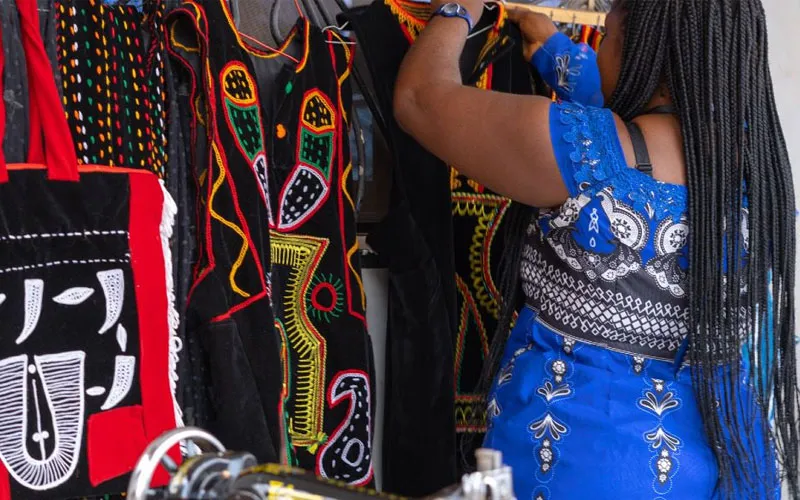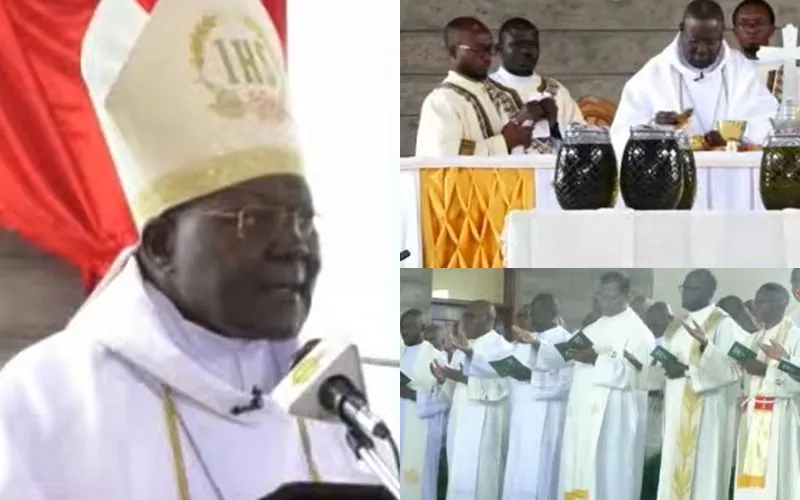Bamenda, 30 April, 2023 / 8:51 pm (ACI Africa).
Jesuits Refugee Service (JRS), an international refugee entity of the Society of Jesus (Jesuits), has reached out to internally displaced women and girls in Cameroon’s Southern region, empowering them with leadership skills.
In a Tuesday, April 25 report, JRS officials say that the camp dubbed “Girls Leading Our World (GLOW)” that also sought to have the beneficiaries know their role in society aimed at reinforcing JRS’s response to the “protection needs of internally displaced women and girls.”
“To reinforce its humanitarian response to the protection needs of internally displaced women and girls in the region, JRS West Africa organized the GLOW camp,” JRS officials say about the initiative that the government of Basque and Alboan, a Spanish-based organization, funded.
In the report, JRS Field Agent in the region says that 40 girls aged between 12 and 25 years old attended the camp, which took 10 days and that they shared their experiences besides enjoying “a safe and healing space together.”
“We decided to hold the camp in Kribi, a coastal area in southern Cameroon because it was a neutral space for them, where they were able to speak freely about complex issues,” Kongmo Kingsley is quoted as saying.








